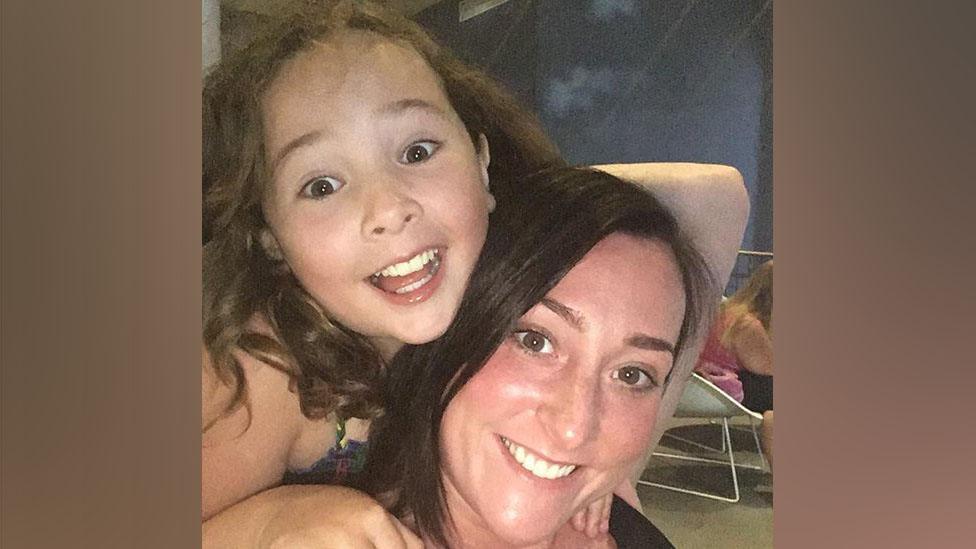Hospital inquiry rejects NHS board's report as evidence
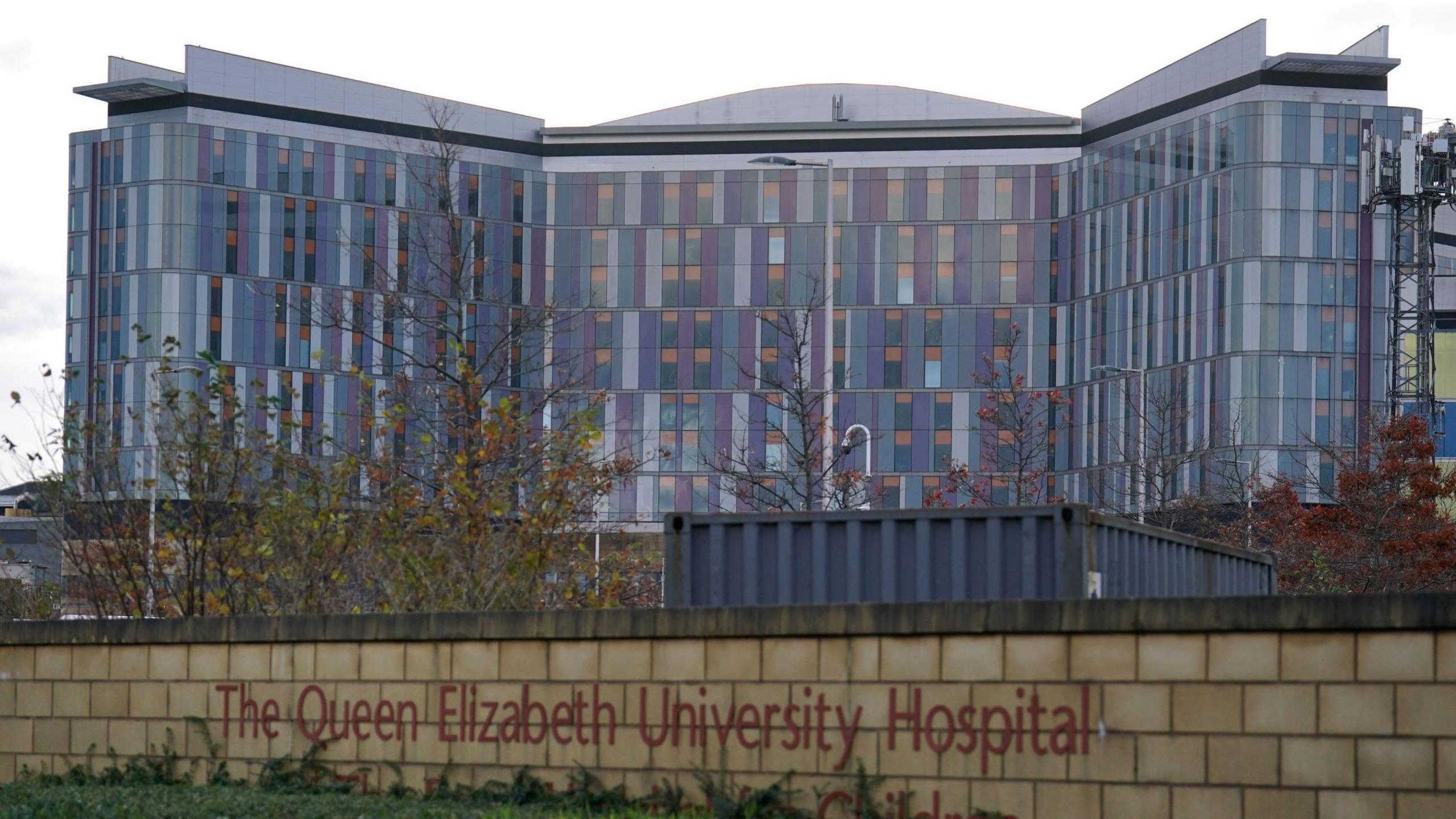
The Queen Elizabeth University Hospital in Glasgow is Scotland's biggest hospital
- Published
The public inquiry into patient safety at Scotland's biggest hospital has rejected a health board's request to have a new report they commissioned included as evidence.
The Hospitals Inquiry was set up after patient deaths at the Queen Elizabeth University Hospital in Glasgow - including of 10-year-old Milly Main.
The inquiry is examining whether water and ventilation systems in the hospitals were unsafe and presented an additional risk to patients.
NHS Greater Glasgow and Clyde submitted the report claiming the site had no excess infections since 2015 - but the "expansive" document was rejected as it would delay the inquiry at this stage.
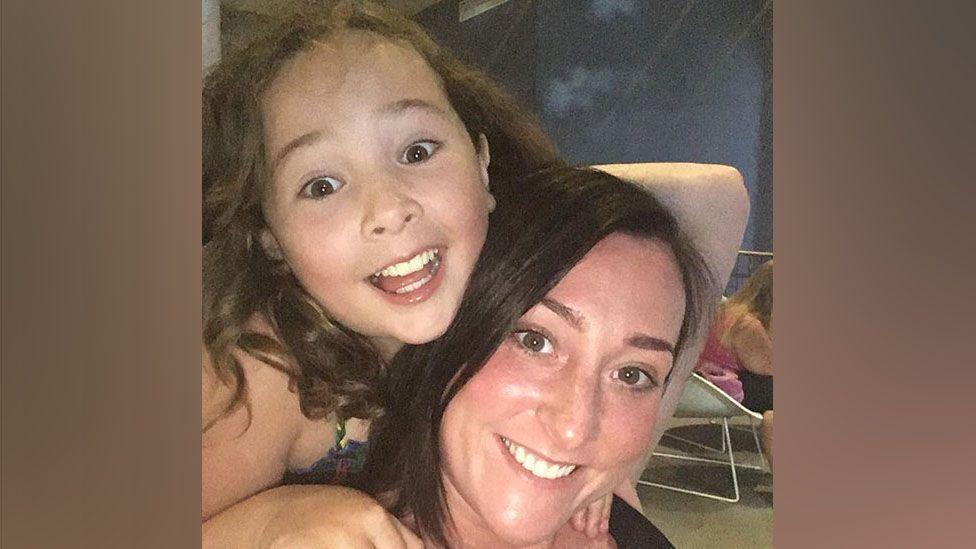
Milly Main died after contracting an infection at the Royal Hospital for Children
The report's findings conflicted with an independent review published in 2021, external, led by Professor Mike Stevens.
It found the deaths of at least two child cancer patients were at least in part down to infection linked to the hospital environment at the campus - which includes the Royal Hospital for Children.
At a procedural hearing on Tuesday, lawyers for affected families and doctors who became whistle-blowers questioned why a 218 page report had been presented to the inquiry just three weeks before hearings were due to start on 19 August.
They argued it gave their clients very little time to consider it properly.
Fred Mackintosh KC, the lead counsel to the inquiry, said it would add delay and cost to the public inquiry as he would have to carry out further assessments on the independence of the experts commissioned by the health board.
He added they would also need to consider the data, and to seek additional reports.
'Unfortunate' timing
The enquiry's remit also covers investigating the problems that led to the opening of the new Royal Hospital for Children and Young People in Edinburgh being delayed.
Peter Gray KC, representing NHS Greater Glasgow and Clyde, told the inquiry that it was "unfortunate" the report was only now being made available.
He said it had been produced "as quickly as reasonably practicable", given the volume of data collected and how busy its authors had been.
Lord Brodie said that for reasons of "practicality" and "principality" he would refuse the motion to have the report submitted as evidence.
He said that it was prepared for a single core participant and while he did not question its integrity, it would go against the inquisitorial nature of a public inquiry to accept it, and turn the inquiry into an adversarial one.
Lord Brodie also said that had he accepted it, the consequence would have been a delay in the next round of hearings.
These will go ahead later this month.
- Published9 May 2022
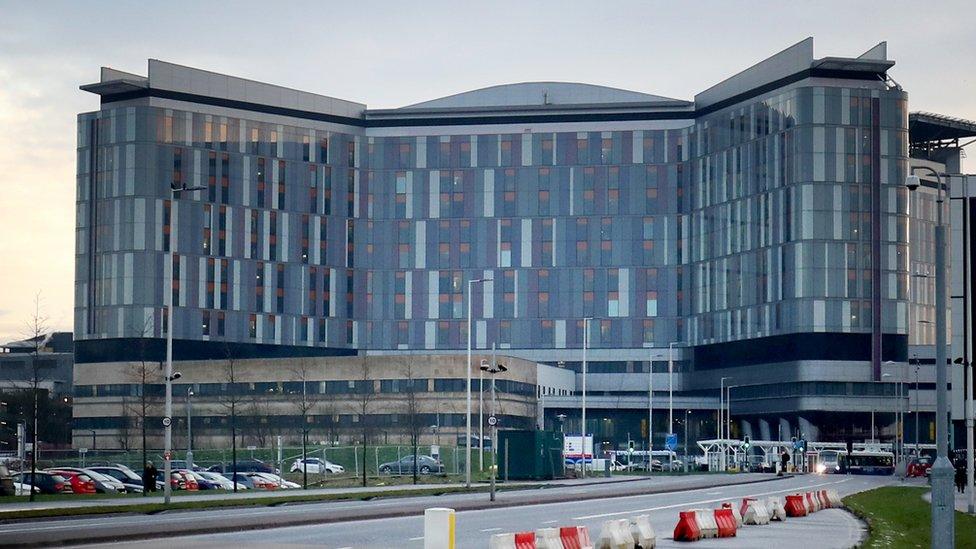
- Published12 March 2024
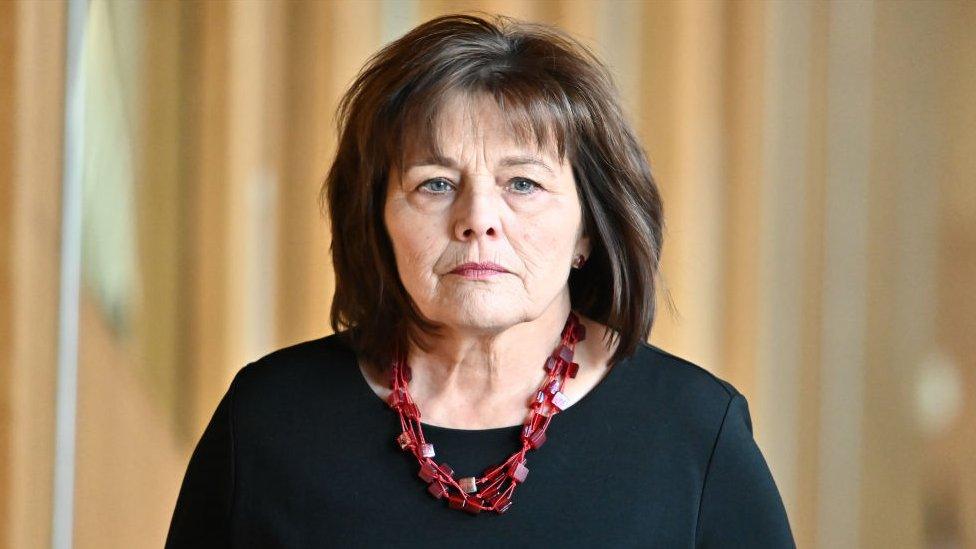
- Published13 November 2023
